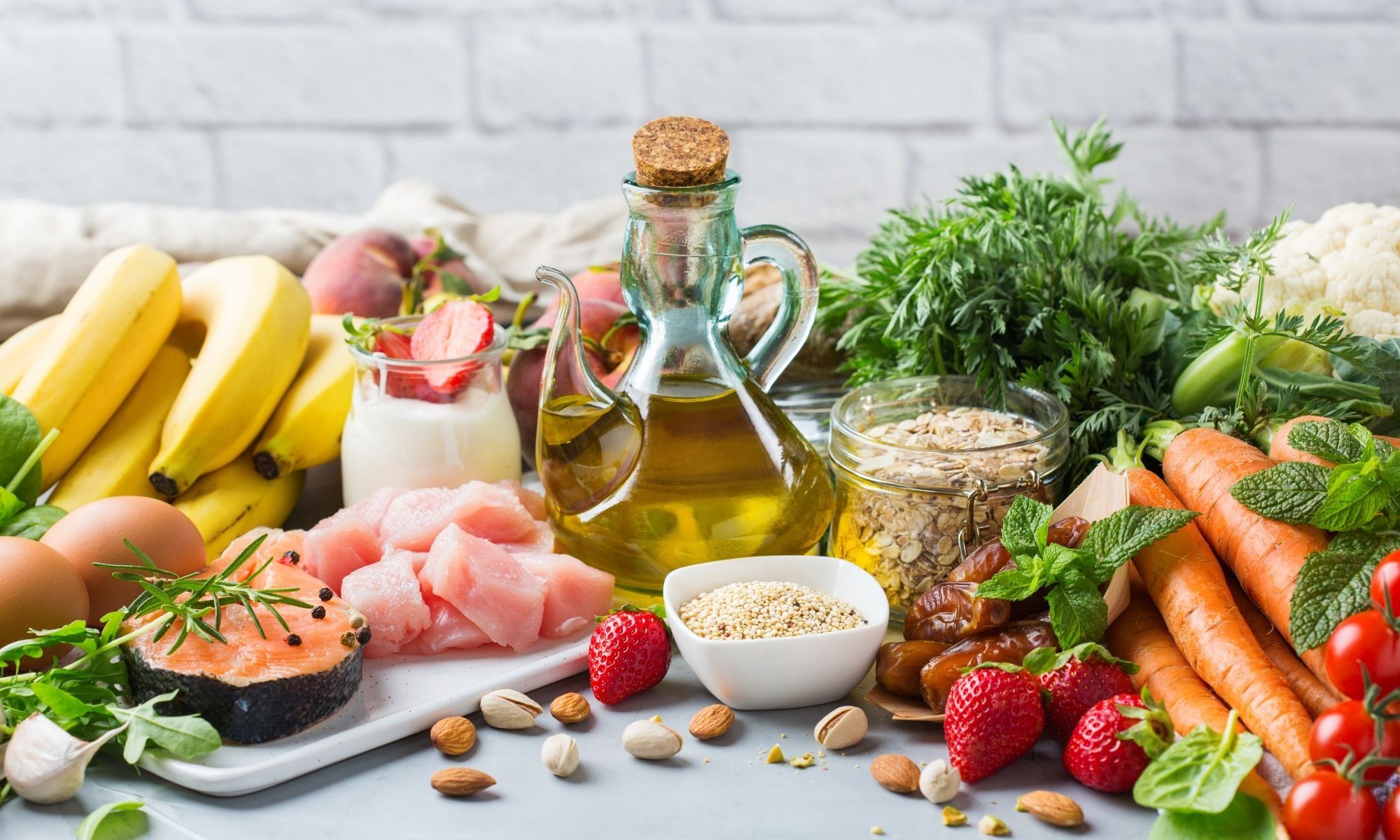
You may be wondering how your diet can affect your skin health. For example, how much does nutrition really count when it comes to your health?
Some scientists believe that many of the diseases that humans have are linked to their diet and nutrition. Whether this is true or not, it is a fact that food has a certain level of impact on the body, mind, and spirit.
Acne
There are many reasons a person may develop acne, including puberty, menstrual cycle, and too much oil on the skin, to name a few. Sebum is something that your body produces to keep the skin moisturized and protected. However, when there is too much sebum, it creates an environment where bacteria thrive.
When you eat salty foods, it dehydrates you, causing your body to produce even more moisture to make up for the lost water and causing more acne.
Studies show that diets that consist of fast food, dairy, and excessive sugar are linked with acne. A bowl of cereal in the morning may seem innocent, but there are plenty of potential ways dairy causes acne. This is why many people opt for a high-protein breakfast because it gives them energy for the day and helps prevent acne.
Try going for a natural diet that consists of more fruits and veggies. Eating foods with high water content keeps your moisture levels balanced. In fact, the Mediterranean diet is proven to reduce acne severity.
Dry Skin
Dry skin may be caused by many other skin conditions, but one possible cause is something as simple as your nutrition. Adequate hydration is vital to having good skin health. Sure, you can put on lotion to take care of dry hands, but that only solves the problem on the surface.
To have healthy, glowing skin, you’ll need to start from the inside. And this starts with your diet. You want to make sure you’re getting enough water in your daily diet.
A general rule of thumb is to drink about eight cups of water per day. However, the number can vary based on your weight, height, age, and other health conditions.
Aging
Skin aging is a natural process that we go through as we get older. Our diets affect collagen production, skin elasticity, and the antioxidants in our skin cells. But besides good skin care, we can maintain and achieve youthful skin by pairing our skin care routine with a healthy diet.
Try eating more foods that are rich in vitamins and minerals that provide support for your skin. Foods like green leafy vegetables, protein from salmon or tofu, and hydrating fruits will make a significant impact on your skin health.
Many diets can affect your skin health, but good nutrition creates a foundation for healthy skin and a healthy body overall. However, it’s not all about your diet; making sure that you’re eating healthy while also maintaining a good skin care routine is essential to keeping your skin as happy and healthy as it can be.